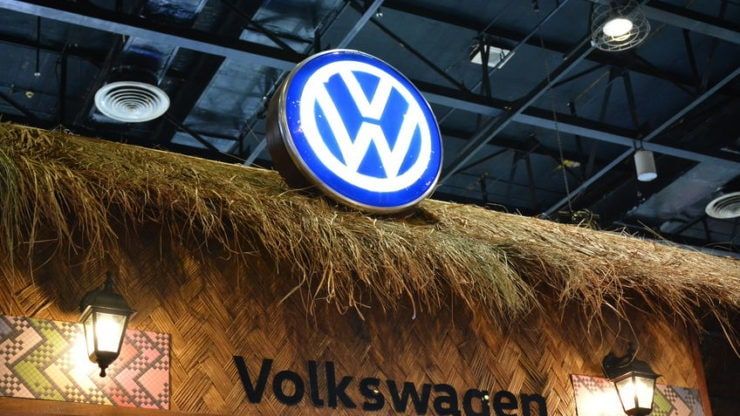The Volkswagen share price has been in a freefall in the past few weeks as the company’s woes continue. The stock dropped to a low of €87.90 this week, its lowest swing since November 2020, and down by 50% from its highest point in 2022.
Mountain of challenges remain
Volkswagen and other automakers are having a bad year as competition rises and demand slips in key markets like China and Europe.
In the United States, Ford and General Motors have dropped by 50% from their 2022 highs. Electric vehicle companies like Tesla, Rivian, and Lucid Group are not doing well either while the likes of Fisker and Mullen Automotive are on life support.
In Europe, Stellantis, Renault, and BMW have dropped by over 30% from their year-to-date highs. The same is happening in Japan, where stocks of companies like Toyota and Honda have retreated.
The only country where automakers are doing modestly well is India, where companies like Tata Motors and Maruti Suzuki have jumped this year.
This month, Volkswagen made headlines when it announced its plans to start closing locations in Germany for the first time in decades, citing falling sales and need to boost efficiency.
The company’s key challenge is that its electric vehicles have not been all that successful while its European and Chinese markets are still under pressure. Additionally, Volkswagen is still dealing with rising costs as energy and labor remains significantly high in Europe.
It is also facing substantial challenges as competition from Chinese companies like Xpeng, Nio, BYD, and Li Auto rise. These companies are targeting the European market as their growth at home slows.
Earnings are slowing
The most recent results showed that Volkswagen’s total units delivered to customers dropped by 3.8% in the last quarter to over 2.24 million and 4.38 million in the first half.
Its quarterly revenues rose by 4% to €83.3 billion, helped by higher vehicle prices while its earnings after tax slipped to €3.6 billion. This decline happened even as its number employees continued falling. Most importantly, its net free cash flow stood at over €2.4 billion.
Analysts believe that Volkswagen’s turnaround strategy needs to work out well, a situation that will be highly difficult. For example, the decision to shut down locations in Germany, will be hard because of the government’s and union’s efforts.
The other challenge is that Volkswagen has made a commitment to go all electric by 2035, a goal that seems unachievable because of the lukewarm demand in key markets like in the United States.
It has made several measures to achieve its EV goal. In the US, it has invested over $5 billion in Rivian, the maker of the popular pickup trucks. That was a big investment, almost 50% of the company’s total market cap.
While Rivian makes great vehicles, analysts warn that its cash burning track record may be untenable in the future. There are risks that Rivian will go bankrupt, according to analysts.
Most importantly, the company has invested in the battery technology by taking a big stake in QuantumScape, a company that is working on solid state batteries.
Volkswagen has also invested in Xpeng, a Chinese EV company. The investment aims to help it gain market share in key countries like the US and China. It is still unclear whether these investments will bear fruit in the long term.
What is clear, however, is that Volkswagen has a lot of work to do to regain its former glory as the automobile industry goes through a new normal.
Volkswagen share price analysis
Turning to the weekly chart, we see that the Volkswagen stock price peaked at €173.10 in 2021 and then dropped to a low of €87.90 this week as its woes escalated.
The stock has failed to move below this level several times since July 2022, meaning that it is a strong support point. It has also dropped below the 50-week and 100-week moving averages.
It also moved below the 61.8% Fibonacci Retracement point while the Relative Strength Index (RSI) has tilted downwards. Therefore, the path of the least resistance for the VW stock is downwards, especially if it drops below the key support at €90.72. If this happens, it will fall to the next key support at €77.90, the 78.6% retracement point.
The post Volkswagen share price sits at a make-or-break level appeared first on Invezz

